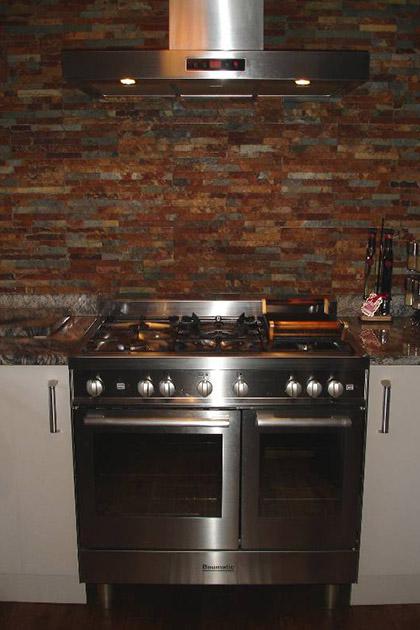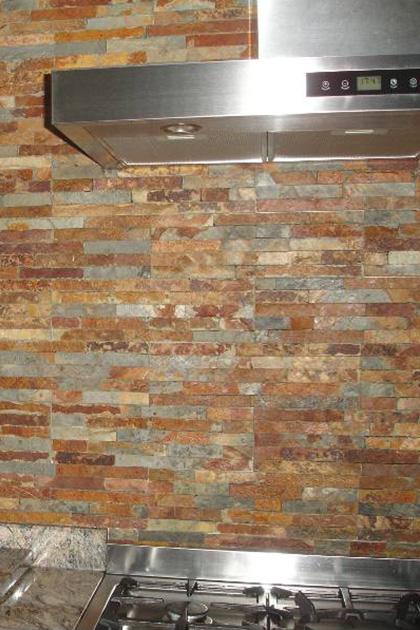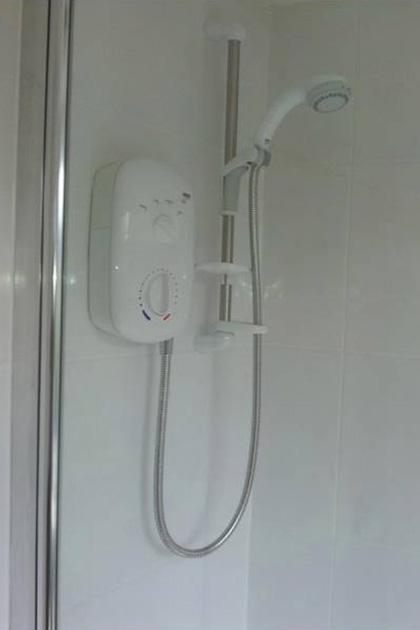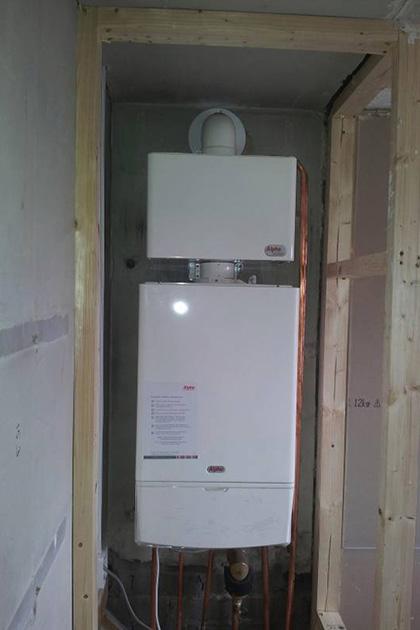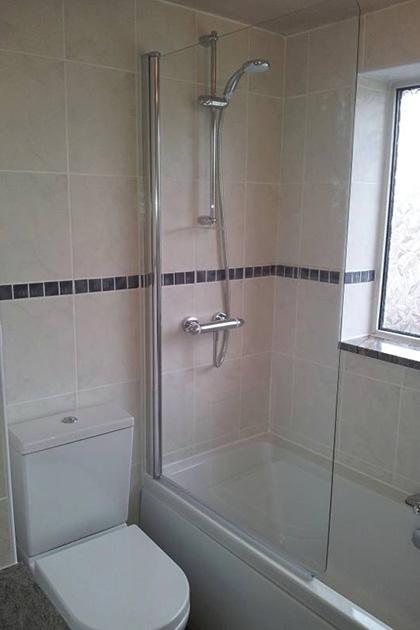A leaking boiler is a serious issue that demands immediate attention. Not only can it lead to water damage and increased energy bills, but it may also indicate underlying problems that could compromise your heating system's efficiency and safety. This comprehensive guide will explore the various reasons why your boiler might be leaking water and provide actionable steps to address the issue.
Main Causes of a Leaking Boiler
High Boiler Pressure
High pressure in your boiler system can lead to water leaks, often through the pressure relief valve. This valve is designed to release excess pressure to prevent damage to the system. To check if high pressure is the culprit, locate the pressure gauge on your boiler. The ideal pressure range is between 1 and 1.5 bar when the system is cold. If the gauge reads higher than this, it's likely causing your leak.
Low Boiler Pressure
Low pressure can indicate an existing leak in your system. When pressure drops below 1 bar, it's a sign that water is escaping somewhere. To identify the source, inspect your radiators, pipes, and boiler for visible leaks. If you find the leak, you'll need to address it before repressurising the system using the filling loop.
Corrosion in the System
Corrosion is a common issue, especially in older heating systems. It occurs when metal components are exposed to water and oxygen over time. Signs of corrosion include rust-coloured water, debris in the system, and visible rust on pipes or radiators. Corrosion can weaken components, leading to leaks in the boiler, pipework, or radiators.
Faulty Heat Exchanger
The heat exchanger is a crucial component that transfers heat from the burning fuel to the water in your heating system. If it develops cracks or holes, water can leak from your boiler. Diagnosing a faulty heat exchanger requires professional expertise, as the signs can be subtle and internal to the boiler.
Water Leaks in the System
Leaks can occur anywhere in your heating system, not just the boiler itself. Check radiators, pipework, and connections for signs of moisture. For slow leaks, place a piece of paper or cloth under suspected areas and check for dampness after a few hours. Pay particular attention to joints and valves, as these are common leak points.
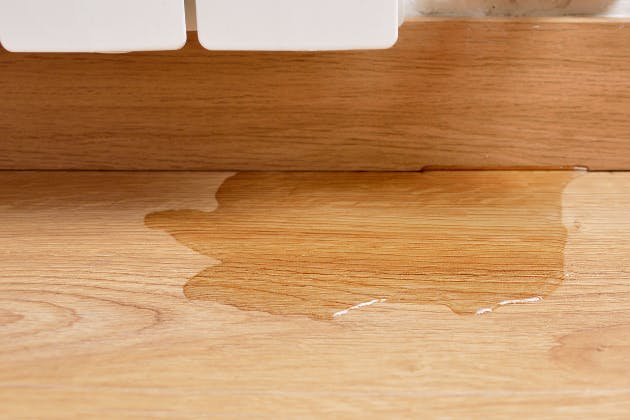
Faulty Diverter Valve
The diverter valve directs hot water either to your taps or to your central heating system. If it malfunctions, it can cause water to leak from your boiler. Signs of a faulty diverter valve include inconsistent hot water supply or the boiler running when no heat is demanded. Repairing or replacing a diverter valve requires professional assistance.
Frozen or Damaged Pipes
In cold weather, pipes can freeze and expand, leading to cracks and leaks when they thaw. Inspect exposed pipework for signs of damage, particularly in unheated areas like lofts or external walls. If you suspect frozen pipes, turn off the water supply and gently thaw the affected area using a hairdryer or warm towels. Never use direct flame or boiling water.
Incorrect Boiler Settings
Incorrect settings can cause your boiler to work inefficiently, leading to increased wear and potential leaks. Check that your boiler's temperature settings are appropriate for your needs and that any programmable features are set correctly. Consult your boiler's manual for guidance on optimal settings.
Boiler Size and Capacity
A boiler that's too small for your property will need to work harder to meet heating demands. This increased strain can lead to premature wear and potential leaks. Ensure your boiler's output matches your home's heating requirements. If you've recently extended your property or increased your hot water usage, you may need to consider upgrading your boiler.
How to Fix a Leaking Boiler
If your boiler pressure is low, you can repressurise the system using the filling loop. This is typically a braided hose connecting the mains water supply to your boiler. Open both ends of the filling loop slowly until the pressure gauge reads between 1 and 1.5 bar, then close the valves.
For more complex issues, such as a faulty heat exchanger or diverter valve, professional assistance is necessary. If you've attempted basic fixes and the leak persists, or if you're unsure about any aspect of your boiler's operation, contact a Gas Safe registered engineer immediately.
Prevention and Maintenance
Regular maintenance is key to preventing boiler leaks. Check your boiler pressure monthly and inspect visible components for signs of wear or corrosion. Bleed radiators annually to remove air from the system, which can cause pressure imbalances.
Ensure your boiler receives an annual service from a qualified engineer. This professional inspection can identify potential issues before they lead to leaks or more serious problems. During the service, the engineer will clean components, check for wear, and ensure your boiler is operating efficiently and safely.
Ready to speak to qualified plumbers in Bury, Ramsbottom and Rossendale?
Get in touch by calling us on 01204 888255 and we'll be happy to help.

